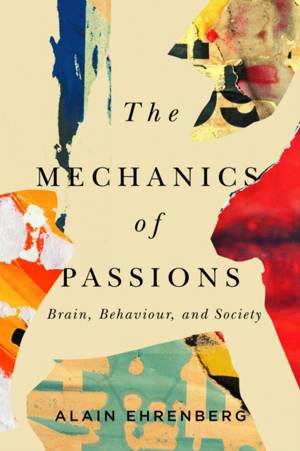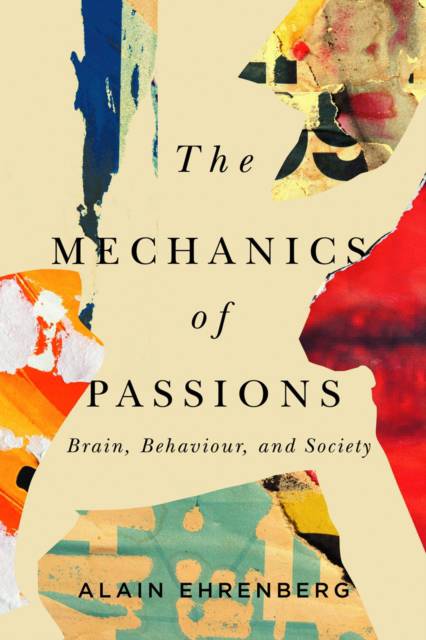
- Afhalen na 1 uur in een winkel met voorraad
- Gratis thuislevering in België vanaf € 30
- Ruim aanbod met 7 miljoen producten
- Afhalen na 1 uur in een winkel met voorraad
- Gratis thuislevering in België vanaf € 30
- Ruim aanbod met 7 miljoen producten
Zoeken
€ 38,95
+ 77 punten
Omschrijving
Cognitive neuroscience, once a specialized area of psychology and biology, has enjoyed increased worldwide legitimacy in the last thirty years not only in psychiatry and mental health, but also in fields as diverse as education, economics, marketing, and law. How can this surge in popularity be explained? Has the new science of human behaviour now become the barometer of our conduct and our lives, taking the place previously occupied by psychoanalysis? Rather than asking if neuronal man will replace social man or how to surmount the opposition between the biological and the social, The Mechanics of Passions uncovers hidden relationships between global social ideals and specialized concepts of neuroscience and cognitive science. Proposing a historical sociology situated in the dual contexts of the history of sciences and the history of self-representation, Alain Ehrenberg describes the conditions through which cognitive neuroscience has developed and acquired a strong moral authority in our individualistic society permeated by ideas, values, and norms of autonomy. Cognitive neuroscience offers the promise of turning personal limitations into assets by exploring an individual's "hidden potential." The Mechanics of Passions identifies this as the echo of social ideals of autonomy, affirming that the moral authority of cognitive neuroscience stems as much from cultural norms as from any results of scientific or medical experimentation.
Specificaties
Betrokkenen
- Auteur(s):
- Uitgeverij:
Inhoud
- Aantal bladzijden:
- 328
- Taal:
- Engels
Eigenschappen
- Productcode (EAN):
- 9780228003427
- Verschijningsdatum:
- 23/09/2020
- Uitvoering:
- Hardcover
- Formaat:
- Genaaid
- Afmetingen:
- 160 mm x 231 mm
- Gewicht:
- 612 g

Alleen bij Standaard Boekhandel
+ 77 punten op je klantenkaart van Standaard Boekhandel
Beoordelingen
We publiceren alleen reviews die voldoen aan de voorwaarden voor reviews. Bekijk onze voorwaarden voor reviews.











